
The Power of Social Spaces for Building Community in Urban Areas
In a world where we are constantly connected but increasingly isolated, social spaces are becoming more and more essential. These public areas, such as parks, libraries, and community centers, offer a place where people can come together, build relationships, and foster a sense of belonging. Not only do social spaces provide numerous benefits for urban well-being and community building, but they also play a vital role in promoting health, diversity, and civic engagement.
Fostering Human Connections and Social Inclusion
One of the key benefits of social spaces is that they create opportunities for human connections and social inclusion. Studies have shown that social infrastructure, which includes social spaces, has a significant impact on the well-being and safety of urban communities. When people come together in these spaces, they can share ideas, build relationships, and develop a sense of community and belonging. This, in turn, can lead to increased happiness and well-being.
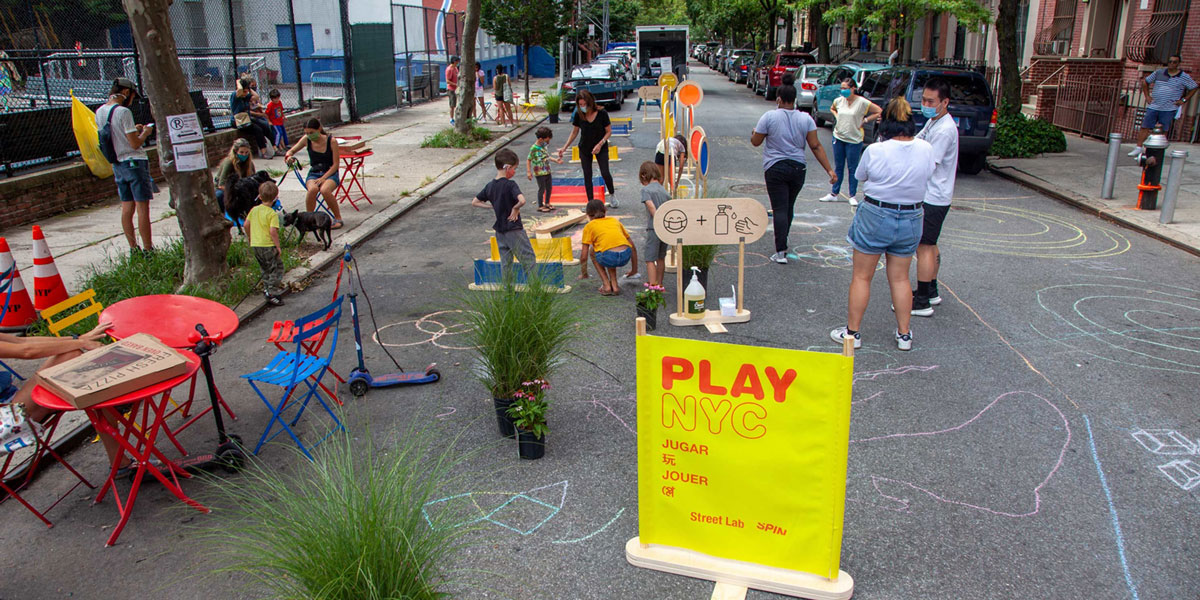
Promoting Health and Happiness
Social spaces also offer a range of physical and mental health benefits. For example, individuals who live near parks and green spaces have been found to report higher levels of well-being and lower levels of stress. Social spaces also provide a space for physical activity, which can improve physical health and reduce the risk of chronic diseases. Whether it’s biking on a bike path, hiking on a trail, or using outdoor fitness equipment in a park, these spaces provide an opportunity for individuals to engage in healthy activities while also connecting with others.
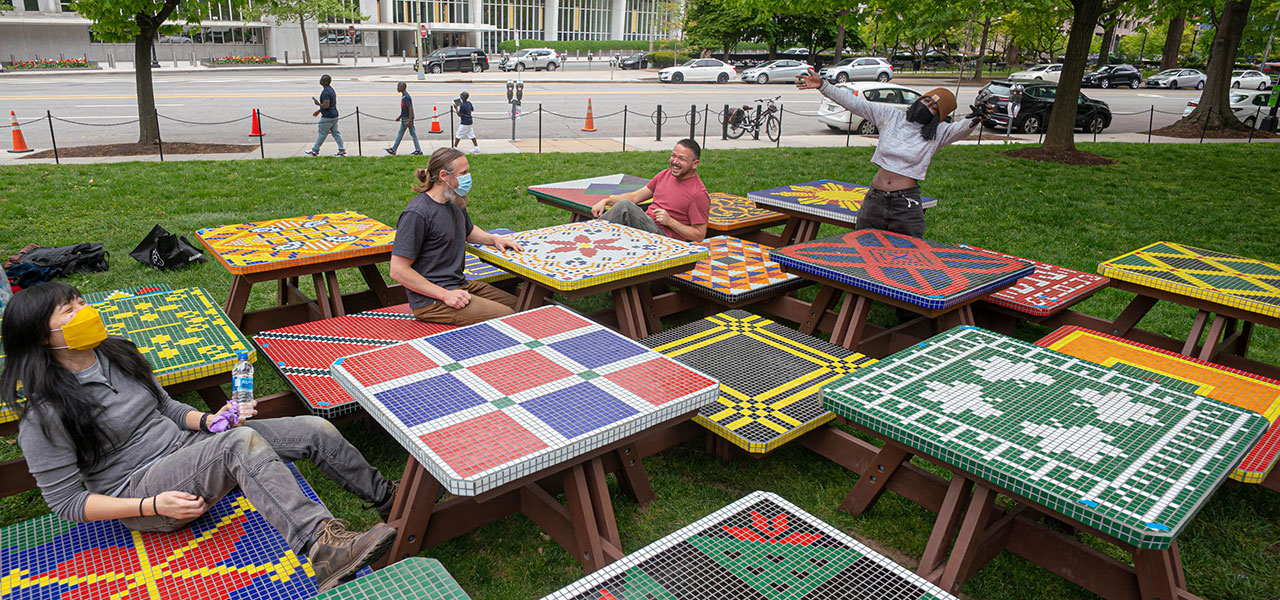
Supporting Diversity and Tolerance
By bringing individuals from different backgrounds together, social spaces can promote diversity and tolerance. When people have the opportunity to learn about and celebrate different cultures, it can lead to increased understanding and empathy. This, in turn, can create more inclusive communities where individuals feel valued and respected.
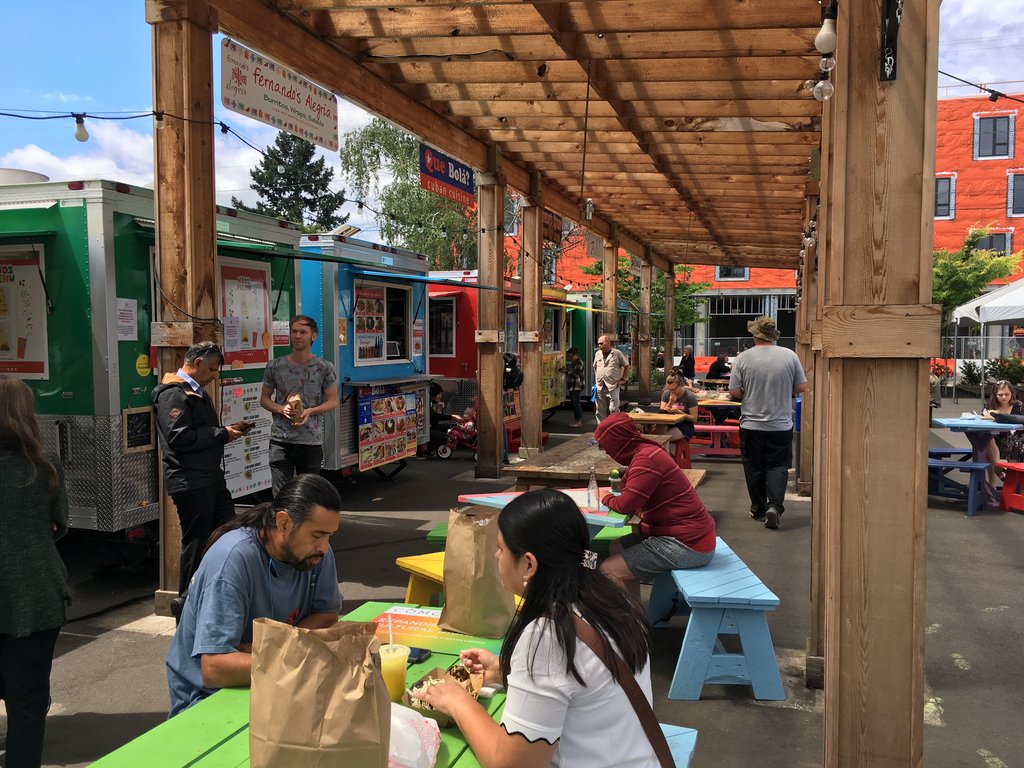
Providing Opportunities for Learning and Creativity
Social spaces, such as libraries and community theaters, offer a platform for learning and creativity. They provide access to resources and technology that can help individuals to develop new skills and increase their educational opportunities. Additionally, they offer a space for creative expression, whether it’s through art, music, or theater. These activities not only promote personal growth but also foster a sense of community and connection with others who share similar interests.
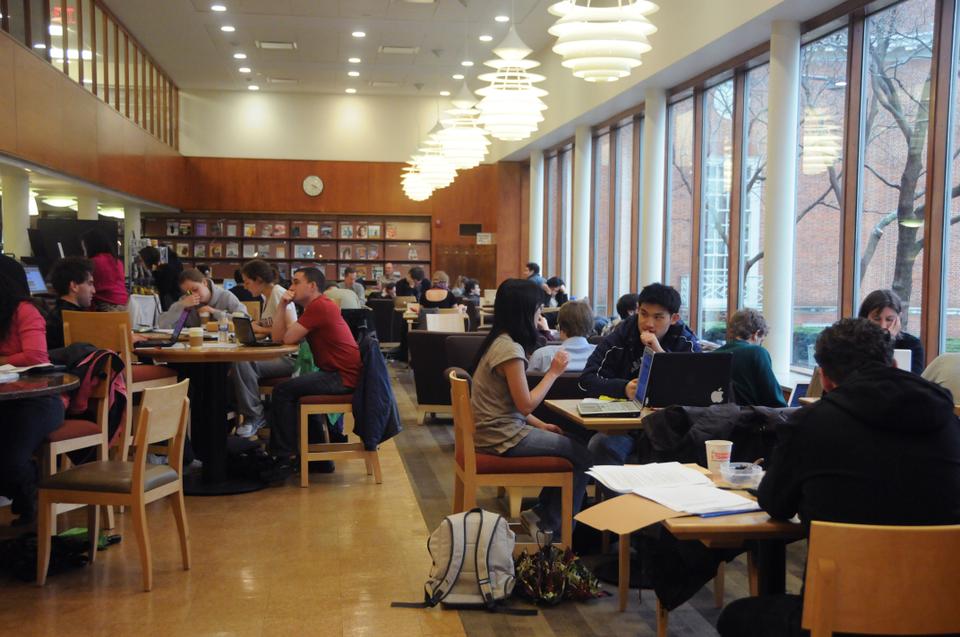
Enhancing Civic Engagement and Participation
Social spaces can also play a vital role in enhancing civic engagement and participation. By providing a space for individuals to come together and discuss issues affecting their communities, social spaces can lead to increased civic engagement and participation. This, in turn, can create more resilient and democratic societies where individuals feel empowered to make a positive difference in their communities.
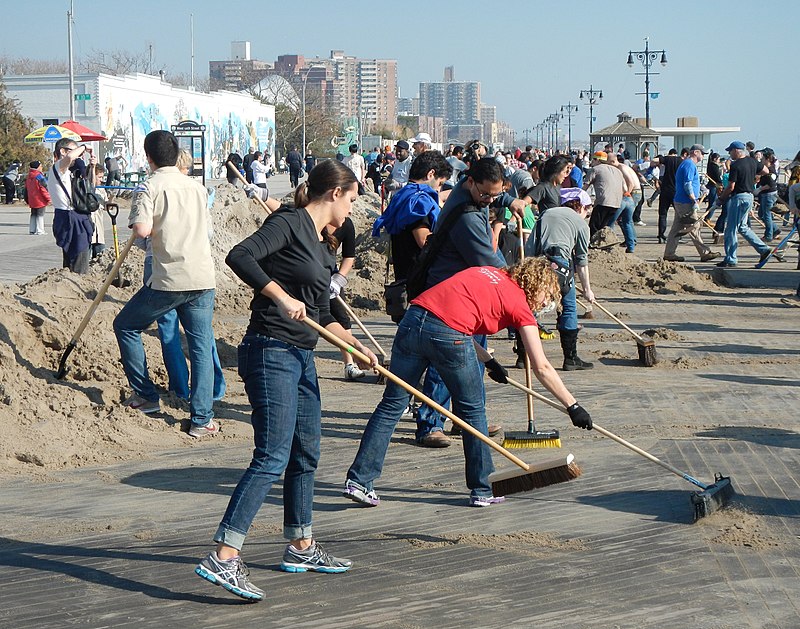
Investing in Social Spaces
Investing in the creation and maintenance of social spaces is essential for promoting urban well-being and community building. City planners can work to prioritize the creation of new public spaces and invest in the maintenance of existing ones. Additionally, community members can take an active role in advocating for the creation and development of social spaces in their neighborhoods. By supporting diversity, creativity, and civic engagement, social spaces can make cities more livable, resilient, and democratic.
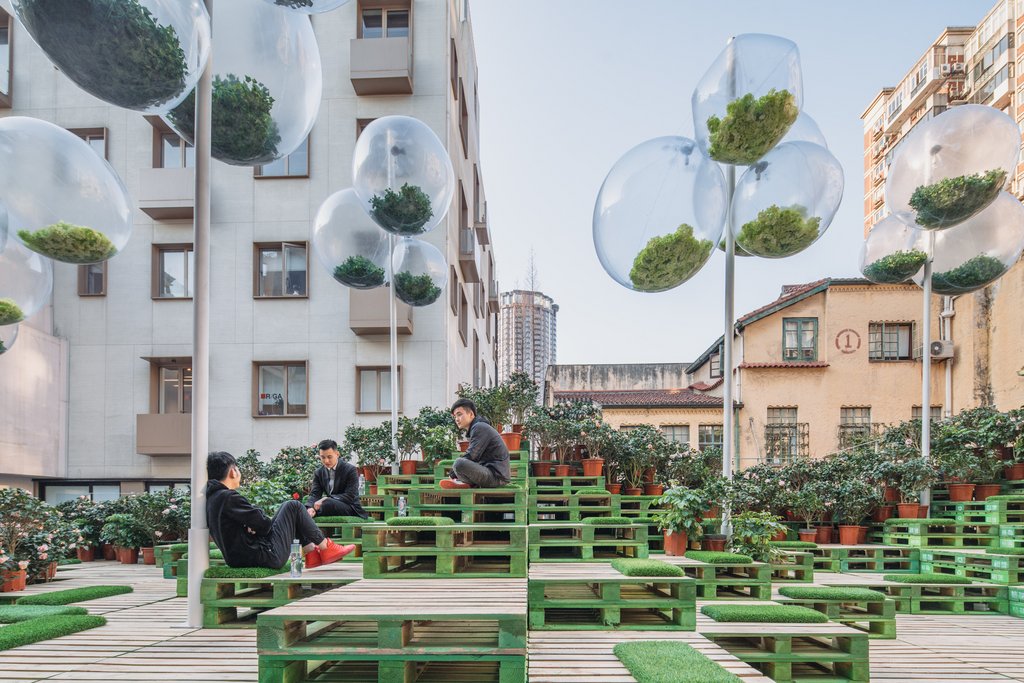
Final Thoughts
In a world that can feel increasingly disconnected and isolating, social spaces provide a crucial antidote. Whether it’s a park, library, or community center, these public areas give people a place to come together, build relationships, and create a sense of belonging. They promote health and happiness, support diversity and tolerance, and enhance civic engagement. Investing in social spaces is an investment in the well-being of urban communities, and it’s up to all of us – city planners, community members, and beyond – to prioritize their creation and maintenance. Let’s work together to build happier, healthier, and more connected cities for everyone.
